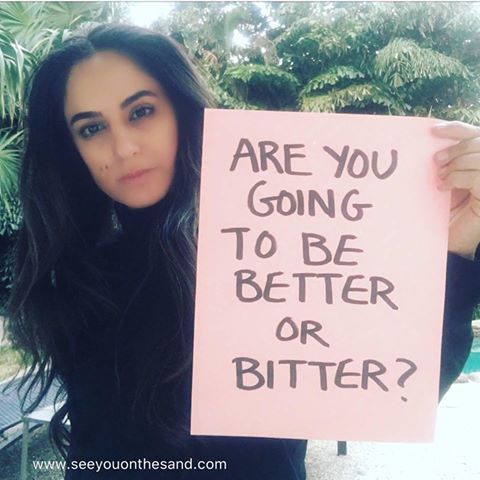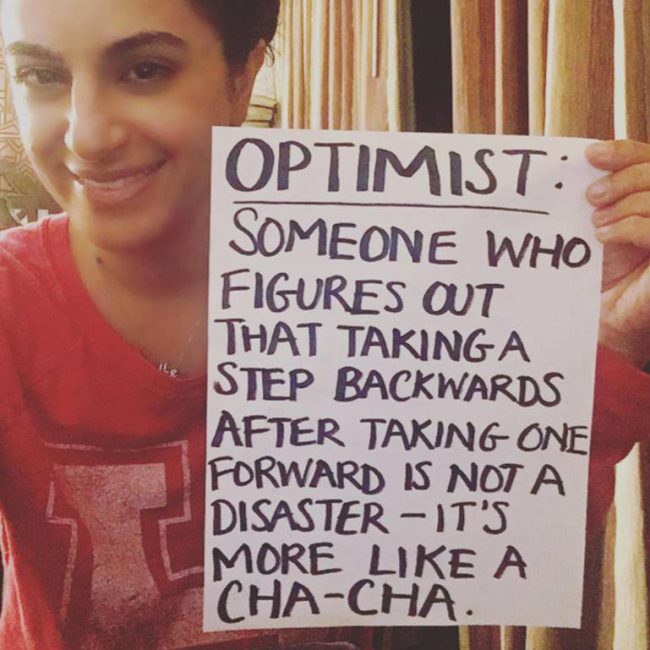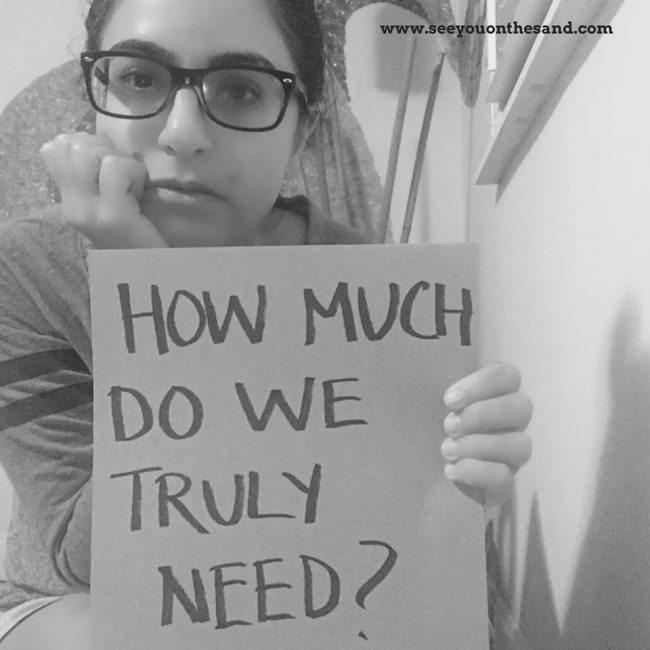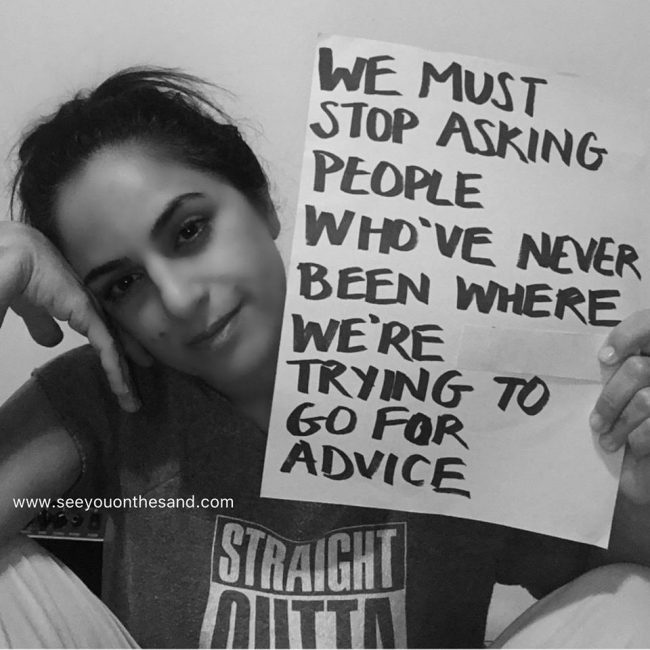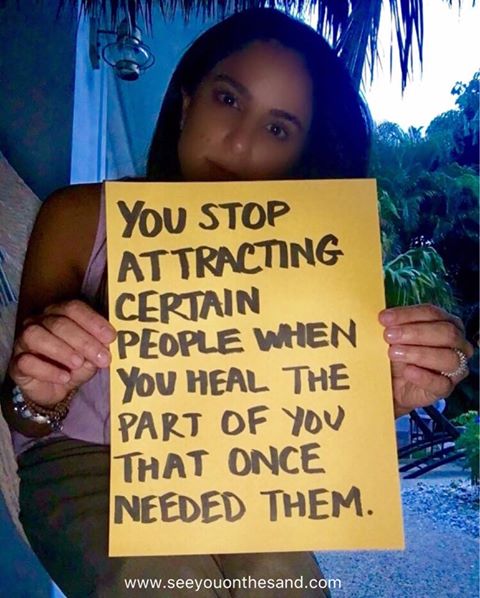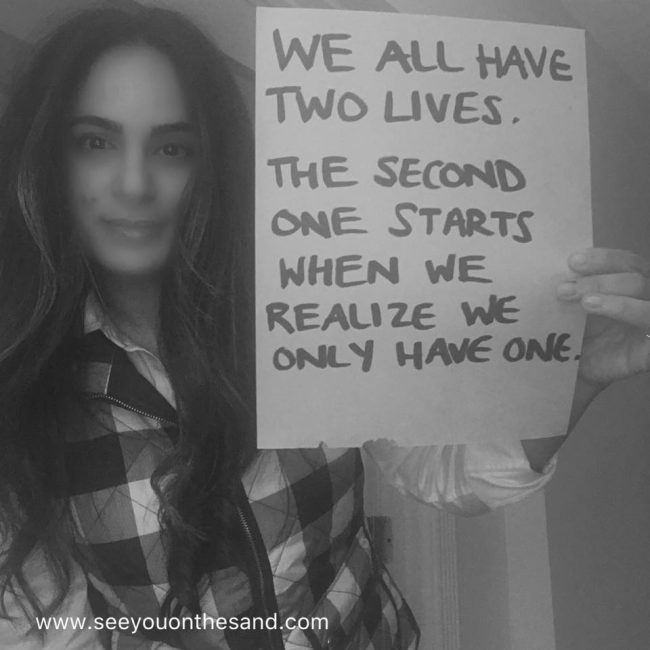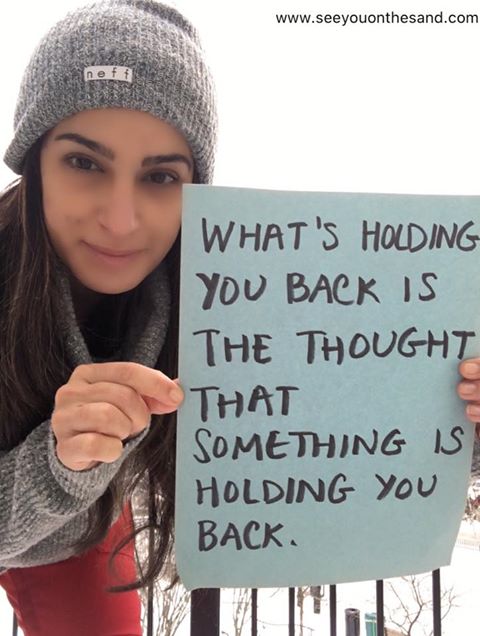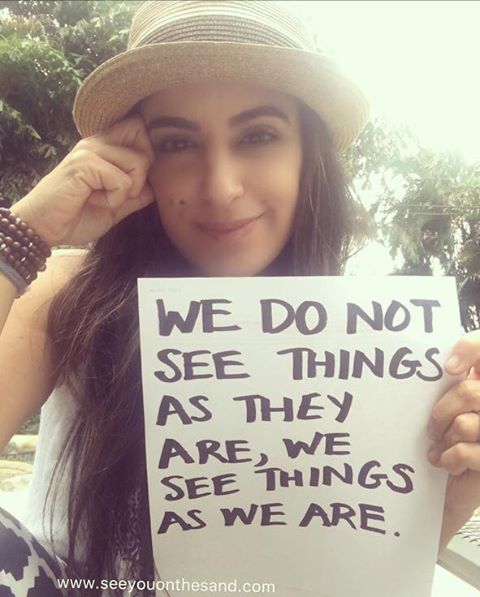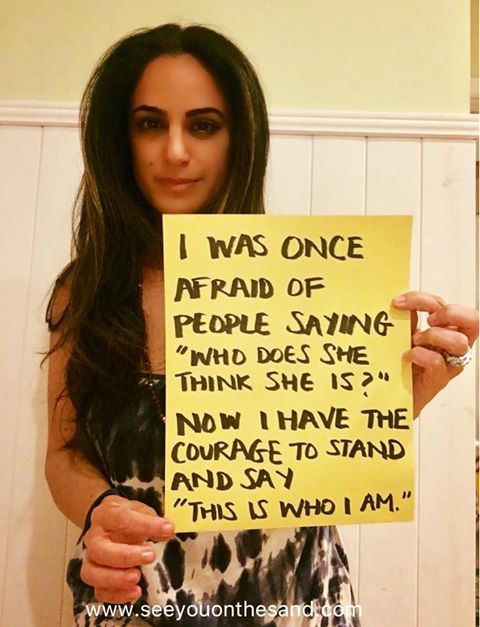The late (former) Israeli Prime Minister Shimon Peres once said that negative people and positive people all die the same death, but that they live very different lives.
The way I look at it, the question is simple: when something negative, unpleasant or challenging happens to you in life, do you get better or do you get bitter?
While I was a going through what I considered the worst divorce in history, I remember waking up every day thinking throughout the day what a horrible thing divorce was. I wondered how other people had gone through it and come out with their sanity, and not marred with cynicism about love and life.
For a year afterwards, all I saw was the negative in everything, my former life, my life circumstances, and most of all myself.
I was worried about supporting my son, some of our “friends” of course had to choose sides, and I found out during the divorce about my degenerative eye condition. I had bills upon bills to pay, was struggling to make ends meet, and it seemed like every check I wrote bounced.
I could not wrap my mind around why all of this was happening at one time, and I felt like giving up on most days because there was no good in the world.
The times when my son was with visiting with his father and I had time alone were my darkest hours.
Depression came and wrapped me up, and I could not break free from seeing the worst in every situation and imagining that more of the worst would happen.
Then one day I realized that, as miserable as I was and as much as I wanted my situation to change, it was not going to, at least not in the moment I wanted it to.
I realized that there was only one thing I could change, and that was my perspective and how I looked at everything.
I decided that I could look at my life in one of two ways: either I was destined to be punished eternally and live a miserable life full of pain, hurt, and guilt; or I was going through all of this because the Universe knew I was strong enough to bear it and I would come out stronger, better, and happier than if I did not go through it.
I chose the latter.
When I decided to change my perspective, I felt comforted to know that all that I was going through had a purpose, even if I did not understand it. I found a peace in knowing that I could change my mood in an instant by changing my perspective.
What I learned is that while we all go through tough times, but how we view what we are going through is completely up to us. Even after I realized the importance of perspective, I still had moments when I let the negative invade. When that happened, I thought of the following to shift my mind back to a place of peace:
Nothing lasts forever.
There is no emotion or situation that will last forever. Life ebbs and flows, and the good and bad in life will come and go, eternally.
This world is a dual world.
The physical world and what we see and feel is not all there is. There is a world of spirit and purpose underneath it, and no matter what it looks like on the outside, there is much more going on beneath the circumstances we perceive as negative.
If I can remember that and tap into the deeper meaning behind what I am experiencing, then I can accept what I am going through with greater ease.
We have a choice in how we view things.
Today, I look back on all that I have been through in the past ten years and instead of feeling angry, bitter, or consumed by it, I feel that so much has come from it.
I started to meditate regularly again, I rediscovered my passions and hobbies, I made lasting friendships.
I have built wonderful relationships with the friends that supported me through the tough times and I know that I can go through tough times and not break.
Somewhere along the way, I was able to find the silver lining in my rainbow, and you can too.
Take a look at your life and think of the many tough times you have endured and the many blessings that have arisen from them. You have a chance to find the bright side to your situation, no matter how tough it seems, by only changing your view and identifying the positive of every experience. There is a lesson in the pain and there is a beautiful rose in your thorn bush. Only you are focusing on the thorns.
Changing your perspective is like changing the window through which you view the world. When you change how you view the world, you change how you feel about it.
The problem with our own perspective is that it’s limited. Take the time to expand it.
When we meditate sometimes on Sunday mornings, one of the visualizations I have you follow is imagining yourself floating into space. I usually have you hover over Earth and look down with a bird’s-eye view. You look down and see your life all the way down there. From up there, you can see everyone else involved, and see the challenge or situation in its entirety.
What do you see that you didn’t before? How does your perspective change from way up here?
From out in space, fear and anger and grudges seem a little bit funny, and there are no harsh judgments. Up there, there’s no borders, no conflict. Just feeling present in the moment with love for a pale blue dot and its people hurtling through the universe.
So whether it’s opening a new door or hovering in space, the shift always begins within your mind.
xo Shelly


